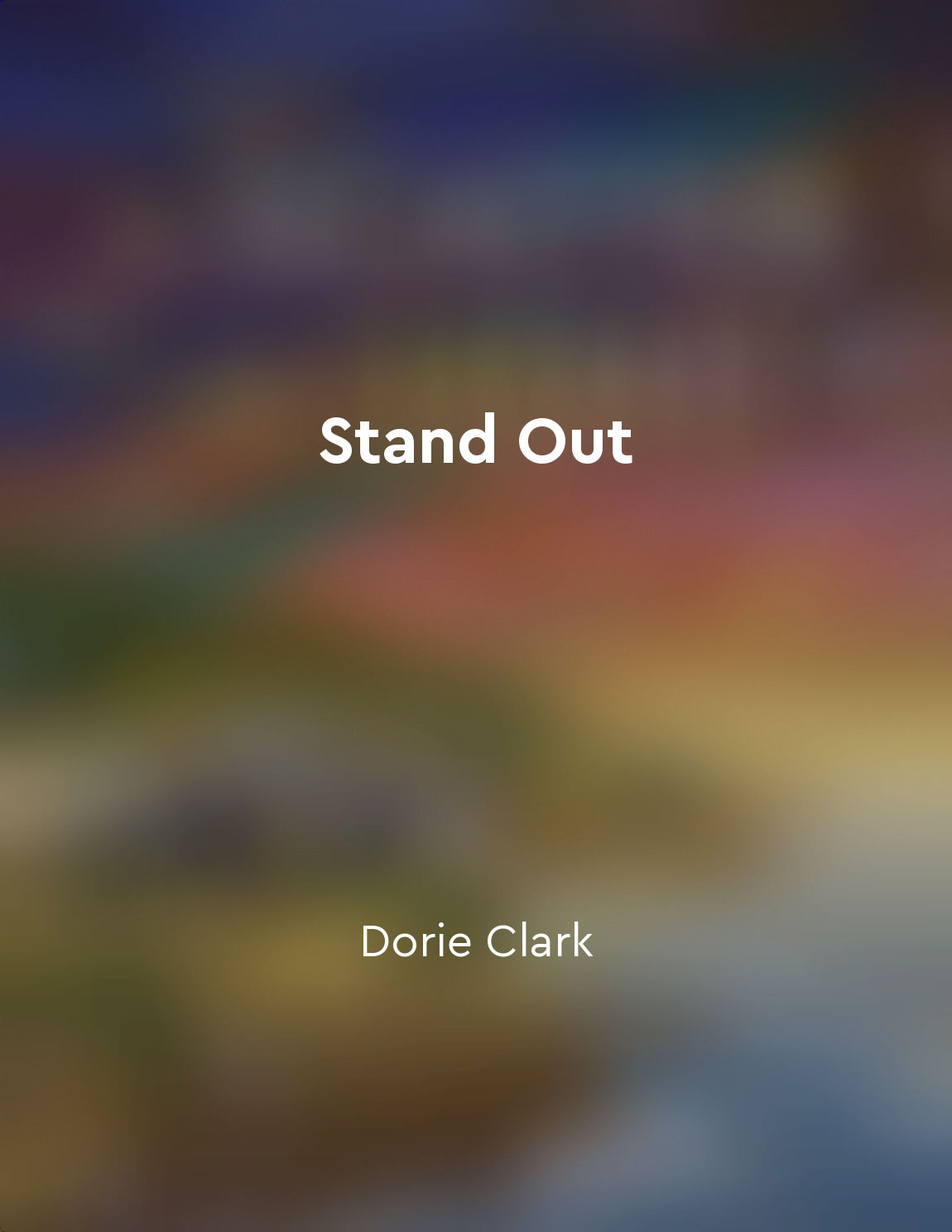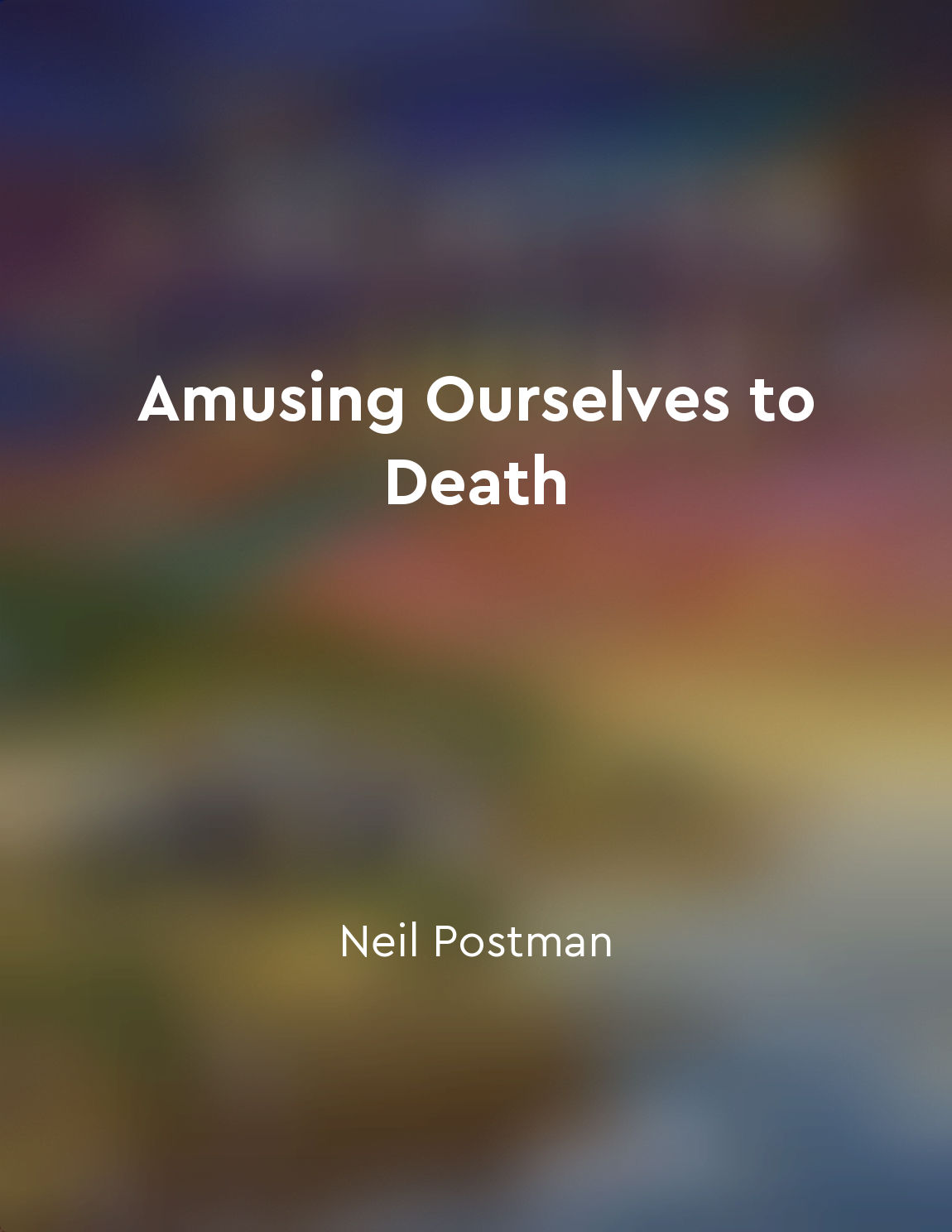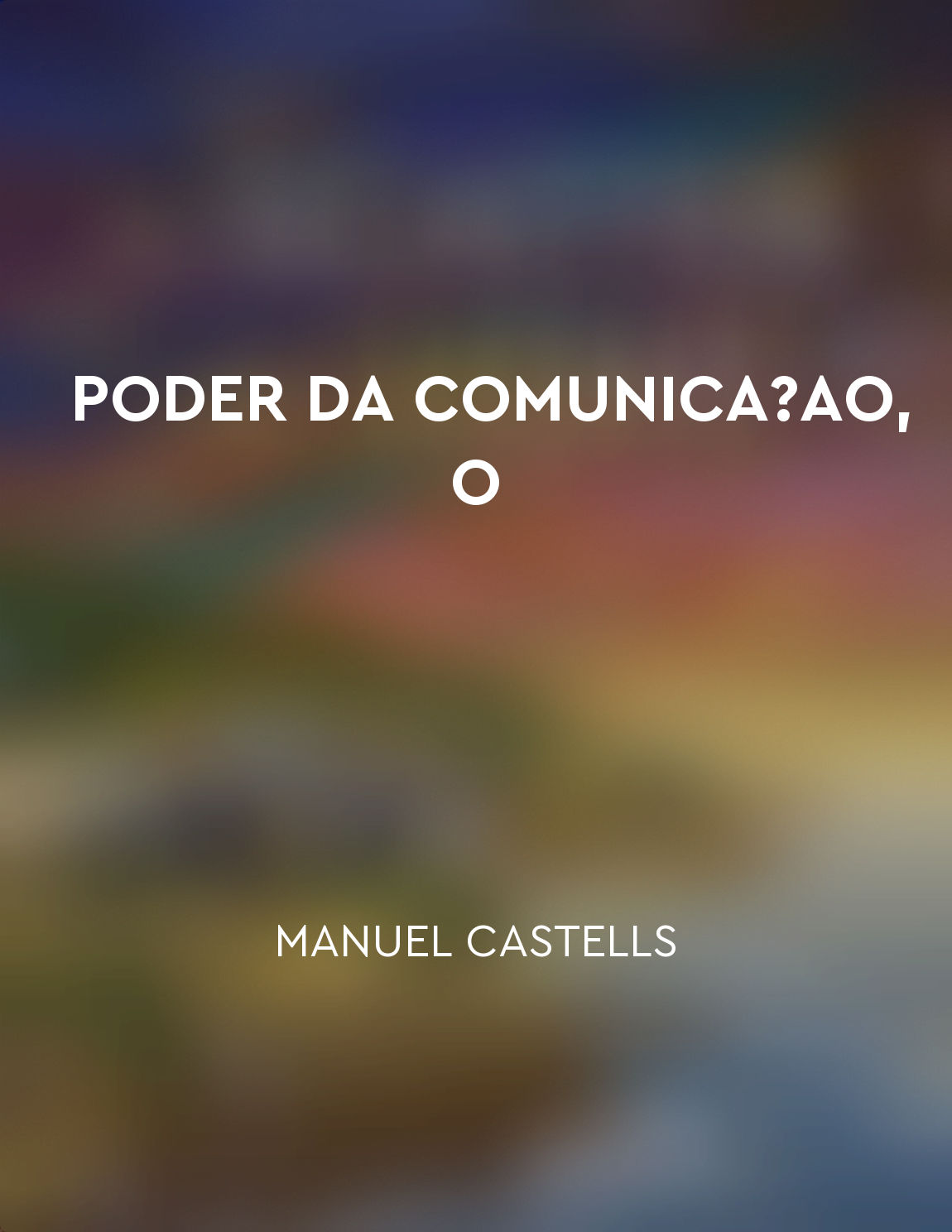Audio available in app
Traditional media can no longer control the flow of information from "summary" of PODER DA COMUNICAÇAO, O by MANUEL CASTELLS
The traditional media, once the gatekeepers of information, have lost their monopoly over the flow of news and content. In the past, newspapers, television networks, and radio stations determined what information was disseminated to the public. They had the power to select, filter, and frame the news according to their own interests and agendas. This control over the flow of information allowed them to shape public opinion and influence political, social, and cultural trends. However, with the rise of digital technologies and the internet, the traditional media's hegemony has been challenged. The emergence of online platforms and social media has democratized the creation and distribution of information. Anyone with an internet connection can now produce and share news, videos, blogs, and other forms of content. This has given rise to a proliferation of voices and perspectives that were previously marginalized or excluded from mainstream media. The decentralization of information has empowered individuals and communities to bypass traditional media gatekeepers and communicate directly with one another. Social media platforms like Facebook, Twitter, and YouTube have become important sources of news and information for many people. They enable users to share, like, comment on, and repost content, creating a networked public sphere where information circulates freely and rapidly. As a result, traditional media outlets have had to adapt to this new media landscape or risk becoming obsolete. Many newspapers, television networks, and radio stations have embraced digital technologies and established online presences to reach wider audiences and engage with readers and viewers in new ways. They have also partnered with social media platforms and influencers to amplify their reach and impact. Despite these efforts, traditional media can no longer control the flow of information as they once did. The boundaries between producers and consumers of news have blurred, and the distinction between professional and amateur journalism has become less clear. This has created both opportunities and challenges for media organizations, journalists, and the public as they navigate the complexities of the digital age.Similar Posts

Embrace your individuality
To succeed in today's crowded marketplace, it's crucial to stand out. And the key to standing out is embracing your individuali...
Diversity and inclusion became societal goals
In the course of human history, a significant shift occurred in societal values as diversity and inclusion emerged as overarchi...
Concept of natural law
The concept of natural law is a fundamental principle in political philosophy, providing a basis for understanding and evaluati...

Be authentic in all your interactions
When building your personal brand, it's essential to maintain authenticity in all your interactions. Being authentic means stay...
The internet of things blurs the line between real and virtual
The Internet of Things is the interconnected network of devices that communicate with each other and share data. This vast web ...
Ideological beliefs hinder progress
In a world where ideological beliefs reign supreme, progress becomes a distant dream. The rigid adherence to partisan dogma bli...
Social media amplifies misinformation
The rise of social media has fundamentally altered the way information is disseminated and consumed. With the click of a button...

Visual media changes how we think and communicate
In the age of visual media, our ways of thinking and communicating have undergone a profound transformation. The constant bomba...

